I need to vent: first time organic gardener worn out already
takadi
14 years ago
Featured Answer
Comments (22)
fuzzy158
14 years agolast modified: 9 years agoRelated Professionals
Lyons Landscape Architects & Landscape Designers · Pelham Landscape Contractors · Wakefield Landscape Contractors · Bergenfield Landscape Contractors · Oklahoma City Landscape Contractors · Welby Landscape Contractors · Hueytown Landscape Contractors · Cave Spring Decks, Patios & Outdoor Enclosures · Bonita Decks, Patios & Outdoor Enclosures · Estero Decks, Patios & Outdoor Enclosures · Grain Valley Decks, Patios & Outdoor Enclosures · Littleton Decks, Patios & Outdoor Enclosures · Richmond Decks, Patios & Outdoor Enclosures · Rogers Decks, Patios & Outdoor Enclosures · Norwood Stone, Pavers & Concretejustaguy2
14 years agolast modified: 9 years agohatchjon
14 years agolast modified: 9 years agothejohnnyjoe
14 years agolast modified: 9 years agoausbirch
14 years agolast modified: 9 years agomaifleur01
14 years agolast modified: 9 years agotakadi
14 years agolast modified: 9 years agopolemera
14 years agolast modified: 9 years agonovice_2009
14 years agolast modified: 9 years agoeuphony
14 years agolast modified: 9 years agogardener_mary
14 years agolast modified: 9 years agoidaho_gardener
14 years agolast modified: 9 years agofinnbiker
14 years agolast modified: 9 years agolathyrus_odoratus
14 years agolast modified: 9 years agoorganic_dusty
14 years agolast modified: 9 years agojnfr
14 years agolast modified: 9 years agobutchfomby
9 years agolast modified: 9 years agobutchfomby
9 years agolast modified: 9 years agoFrancoiseFromAix
9 years agolast modified: 9 years agopnbrown
9 years agolast modified: 9 years agoFrancoiseFromAix
9 years agolast modified: 9 years ago
Related Stories

ANTIQUESRoom of the Day: A Well-Worn Look for a Brand-New Home
Forays into antiques markets and online auctions bring old-time flavor to a sleek and soaring living-dining space
Full Story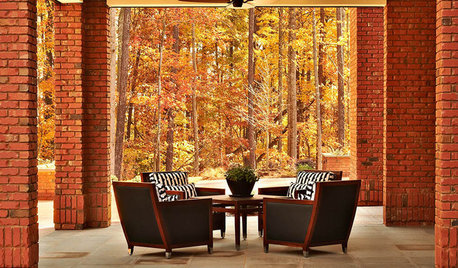
ARCHITECTUREGet a Perfectly Built Home the First Time Around
Yes, you can have a new build you’ll love right off the bat. Consider learning about yourself a bonus
Full Story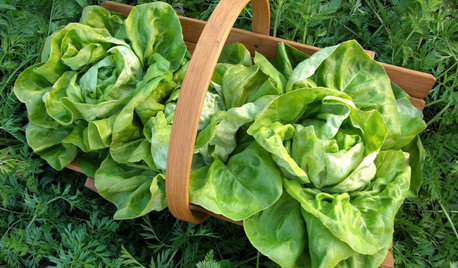
GARDENING GUIDES10 Easy Edibles for First-Time Gardeners
Focus on these beginner-friendly vegetables, herbs, beans and salad greens to start a home farm with little fuss
Full Story
HOMES AROUND THE WORLDThe Kitchen of Tomorrow Is Already Here
A new Houzz survey reveals global kitchen trends with staying power
Full Story
MOST POPULAROrganizing? Don’t Forget the Essential First Step
Simplify the process of getting your home in order by taking it one step at a time. Here’s how to get on the right path
Full Story
BASEMENTSDesign Workshop: Is It Time to Let Basements Become Extinct?
Costly and often unnecessary, basements may become obsolete — if they aren’t already. Here are responses to every reason to keep them around
Full Story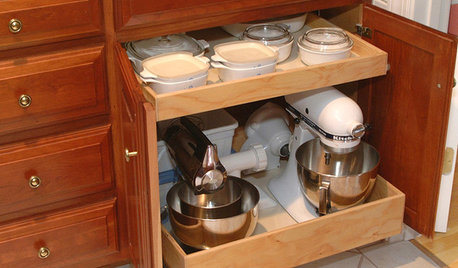
KITCHEN APPLIANCESConsidering a New Kitchen Gadget? Read This First
Save money, time and space by learning to separate the helpers from the hassles
Full Story
MOST POPULARA First-Time Buyer’s Guide to Home Maintenance
Take care of these tasks to avoid major home hassles, inefficiencies or unsightliness down the road
Full Story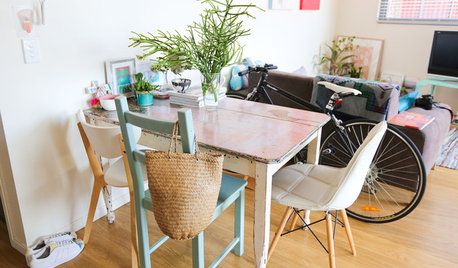
LIFEWorld of Design: Discoveries of 10 First-Time Homeowners
See how people around the globe have shaped their starter houses and made them their own
Full Story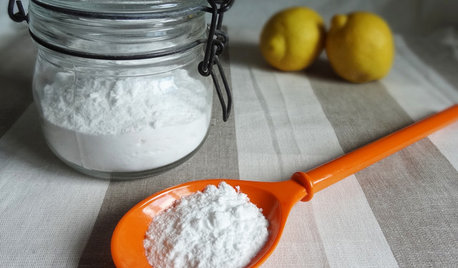
HOUSEKEEPINGBaking Soda: The Amazing All-Natural Cleanser You Already Own
Battle grime, banish odors and freshen clothes with this common nontoxic cupboard staple
Full Story






marymd7